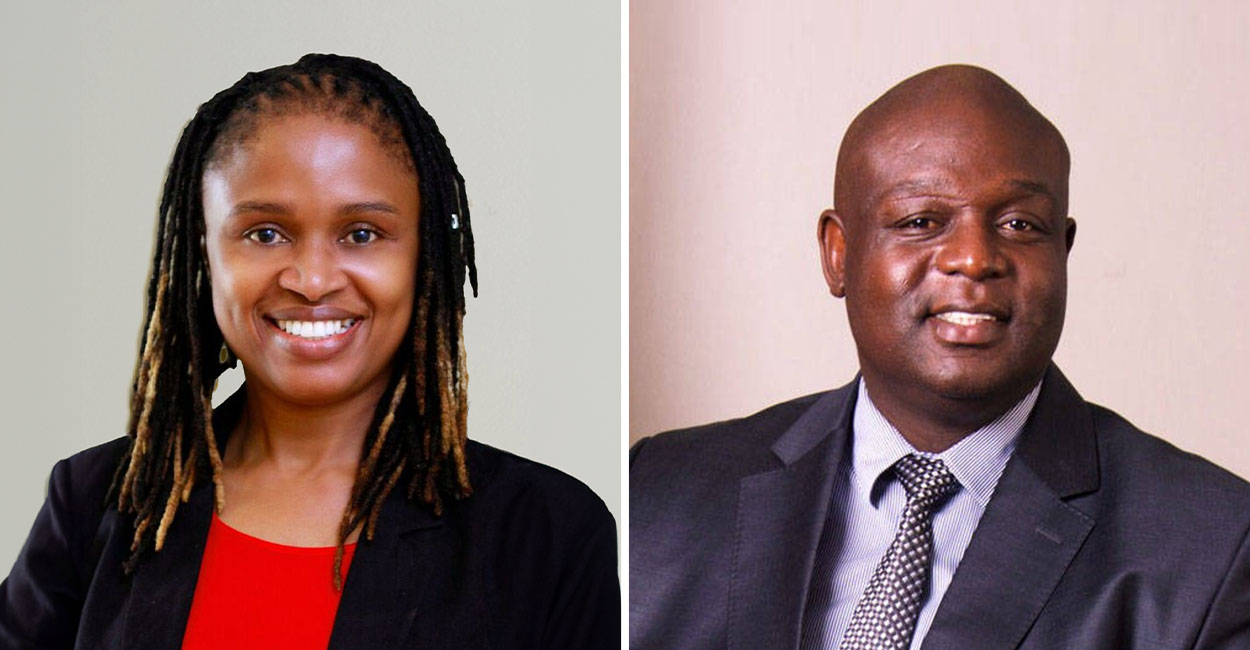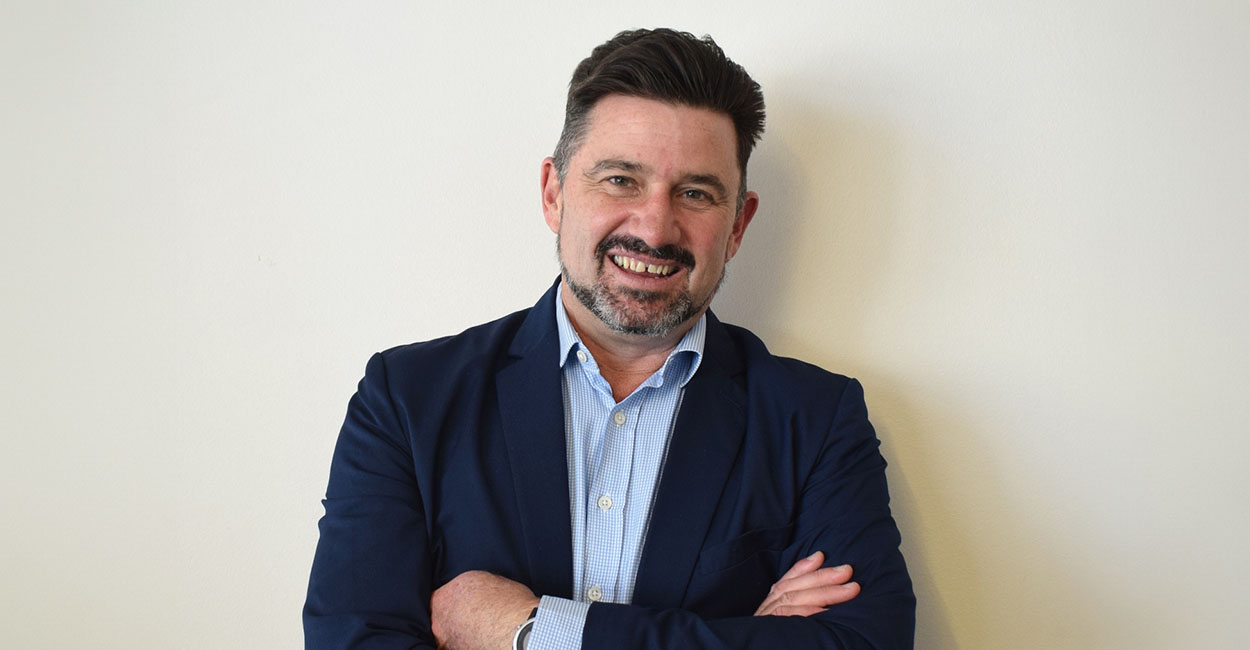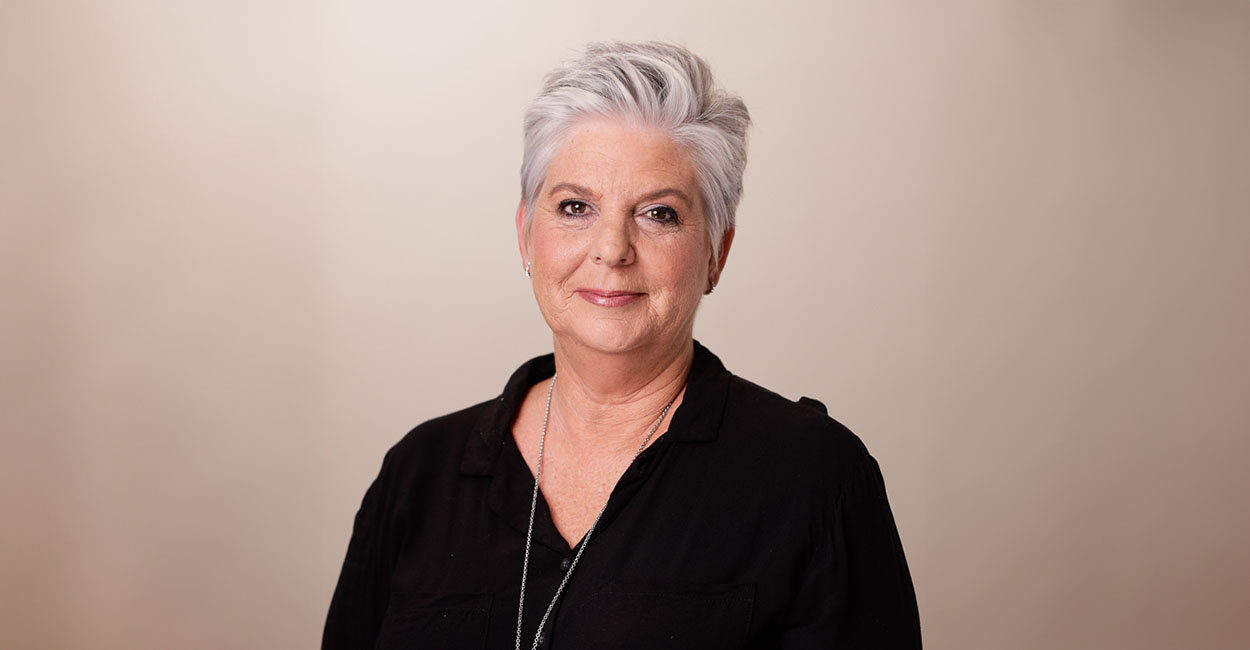MAIN IMAGE: Amanda Smit, Managing Partner at Henley & Partners South Africa
Staff writer
There has been an unprecedented 40% increase in enquiries from South Africans seeking alternative residence and/or citizenship over the past 12 months.
The international investment migration advisory firm, Henley & Partners, says it has seen an overall increase of 80% in enquiries globally off the back of an already record-breaking year in 2020, with South Africans now taking 5th place in terms of the number of requests after nationals from India, the US, Russia, and the UK.
Managing Partner at Henley & Partners South Africa, Amanda Smit, says wealthy investors are scrambling to diversify their domiciles at the same time as their investment portfolios in a bid to secure greater global access and optionality as a hedge against unrelenting market and political volatility.
“The endless rounds of quarantine and lockdowns, remote work and virtual schooling, and borders snapping shut and re-opening at will, have convinced even those investors from wealthy nations with premium passports of the benefits of alternative residence and/or citizenship.”
Smit says investment migration programs that offer the option of a real estate investment as a pathway to residence rights or citizenship acquisition are particularly popular amongst South Africans. International real estate has always been a reliable asset class for global investors due to its long-term staying power.
Real estate–linked investment migration programs have the additional advantages of enhancing your global mobility through multiple passports and expanding your personal access rights as a citizen or resident of additional jurisdictions, creating optionality in terms of where you and your family can live, work, study, retire, and invest. The potential gains over the lifetime of the investment include the core value of the asset, rental yields, and global access as an ultimate hedge against both regional and global volatility.”
One of the most popular programs for South Africans is the Mauritius residence program which allows foreign nationals to make a minimum real estate investment of USD 350,000 into the country and apply for a residence permit. Successful applicants and their families are then granted full residence rights including the right to live, work, and retire in Mauritius.
The island’s attractive tax regimes, political and social stability, and multiple investment opportunities, coupled with its warm hospitality, multiculturalism, and spectacular living environments, have made Mauritius a highly attractive destination on the continent for living, working, and retiring.
A delegation from the Economic Development Board (EDB) of Mauritius is due to visit South Africa and will be hosting three in-person business forums in Johannesburg, Durban and Cape Town for investors and wealthy families interested in applying for its residence program. Smit, who will be speaking at the events, says: “Aside from potential gains over the lifetime of the asset, an additional property can provide rental income in a strong and stable currency and offer geographical diversification via permanent residence or another citizenship, while at the same time offering distinct lifestyle or business advantages.”








